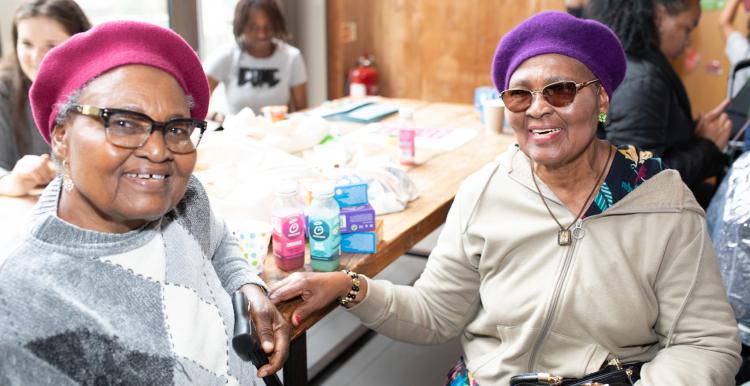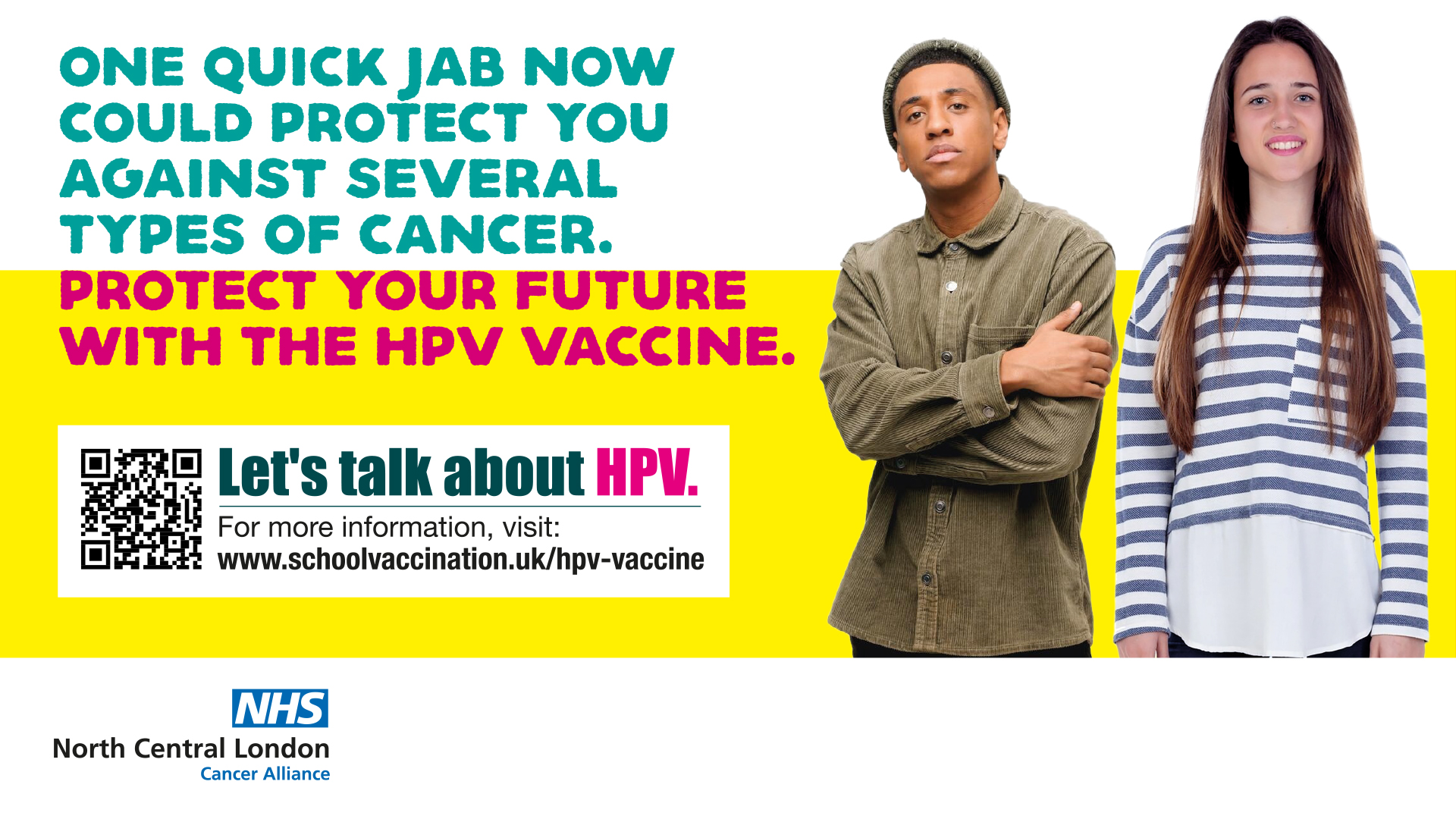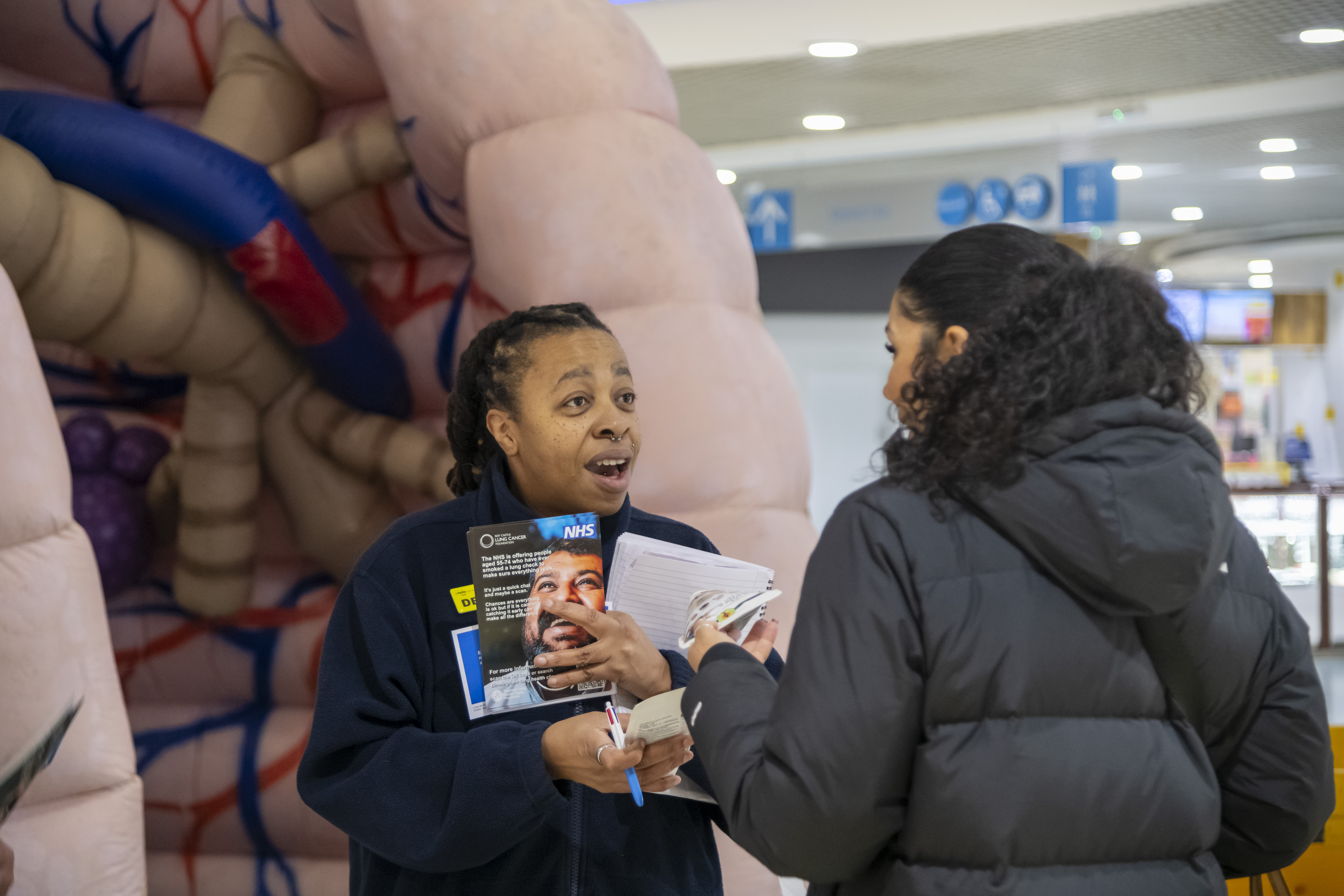Everything You Need to Know About the RSV Vaccine

What is RSV and why is a vaccine needed?
RSV is an infectious disease of the airways and lungs. There is no specific treatment and will usually get better by itself. It is common in small children but is most serious in infants and older adults. It can also be more severe for people with medical conditions such as heart or lung disease or a weakened immune system. The illness is the main cause of winter pressures in children’s hospitals each year.
Studies show that the vaccine could prevent 5,000 hospitalisations and 15,000 emergency department attendances in infants. Experts also estimate it could prevent around 2,500 hospital admissions in older adults.
What are the symptoms of RSV?
RSV usually causes mild, cold-like symptoms such as:
- A runny or blocked nose
- Coughing
- Sore throat
- Sneezing
In more serious cases, it can lead to:
- Wheeziness
- Shortness of breath
- Lung infections like pneumonia or infant bronchiolitis
Who is eligible?
From the 1st of September 2024, the vaccine will be offered to:
- Older adults aged between 75 and 79
- Women who are around 28 weeks pregnant to protect the baby when it is born
If you have not turned 75 by the 1st of September, your GP will invite you to receive the vaccine once you turn 75.
Your GP will manage vaccine rollouts. This means that, if you are eligible, there is no need to find a separate clinic to receive the vaccine.


